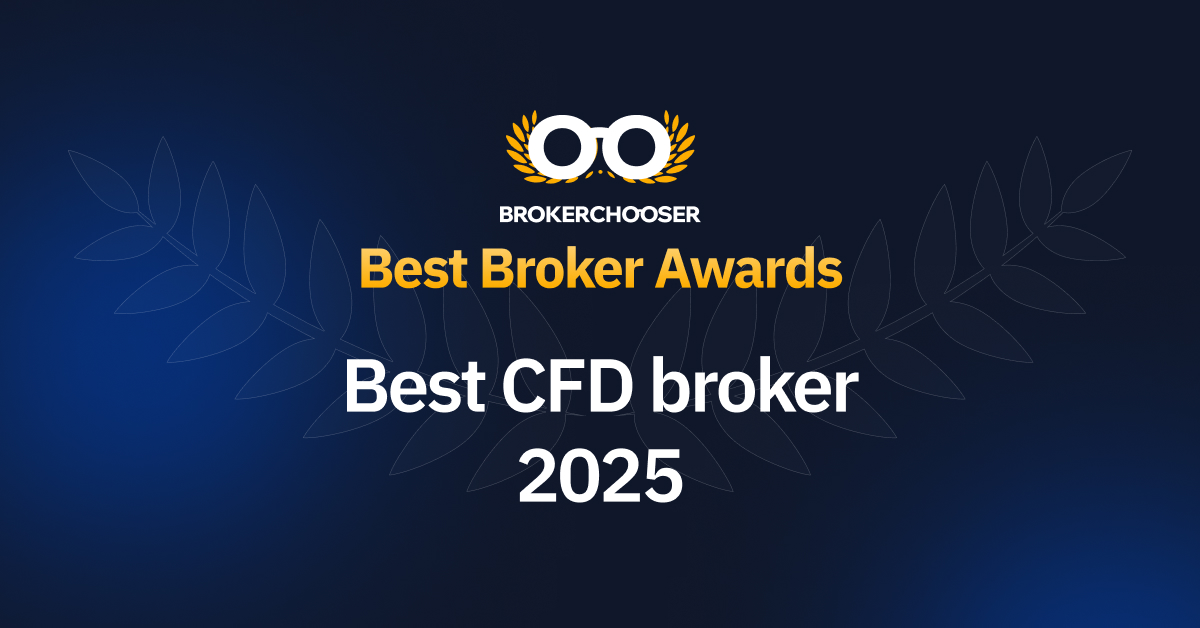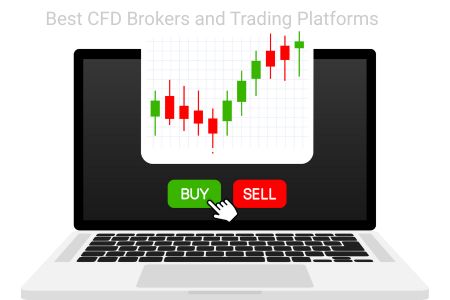
The Best CFD Platform for Your Trading Needs
In today’s financial landscape, many traders are turning to Contracts for Difference (CFDs) as a means to speculate on price movements without owning the underlying asset. Finding the best cfd platform best CFD trading platforms can significantly impact your trading experience. This article delves into the characteristics of top platforms, essential tools, trading strategies, and considerations when selecting the right platform for your needs.
What is a CFD?
CFDs, or Contracts for Difference, are financial derivatives that allow traders to speculate on the price movements of various assets without actually owning them. When trading CFDs, investors enter a contract with a broker to exchange the difference in the value of an asset from when the contract is opened to when it is closed. This trading approach offers several advantages, including the ability to leverage positions, trade a variety of instruments, and profit from both rising and falling markets.
Why Choose a CFD Platform?
Choosing a dedicated CFD trading platform comes with several benefits:
- Leverage: CFD trading allows you to control larger positions with a smaller amount of capital due to leverage, which can amplify both returns and risks.
- Diverse Markets: CFD platforms typically offer access to a wide range of markets, including stocks, commodities, indices, and currencies, all from one account.
- Short Selling: CFDs allow traders to profit from falling markets by taking short positions with ease.
- Flexible Trading Options: Many platforms offer various tools and features, including risk management options and automated trading functionalities.
Key Features of a Top CFD Platform
When evaluating different CFD platforms, look for the following key features:
- User-Friendly Interface: A clean, intuitive interface enhances the trading experience, allowing both beginners and seasoned traders to navigate the platform with ease.
- Low Trading Fees: Look for platforms that have competitive spreads and low commission costs to maximize profitability.
- Variety of Instruments: A good CFD platform should offer a wide range of assets to trade, ensuring traders can diversify their portfolios.
- Advanced Charting Tools: Comprehensive charting features with various technical analysis tools can assist traders in making informed decisions.
- Customer Support: Reliable and responsive customer service is vital for resolving issues quickly and effectively.
- Regulatory Compliance: Ensure the platform is regulated by a reputable authority to guarantee the safety of your funds.
Comparison of Leading CFD Platforms
Let’s take a look at some of the leading CFD platforms available today:
1. eToro
eToro is known for its social trading features and user-friendly interface. It allows users to copy the trades of experienced traders and provides access to a wide variety of assets. With no commission fees and a wide selection of educational resources, eToro is particularly attractive to beginners.
2. IG Group
IG Group is one of the largest and most reputable CFD brokers in the world. It offers an extensive range of markets, superior trading tools, and comprehensive educational resources. Its advanced charting and analysis tools cater to both novice and professional traders.
3. Plus500
Plus500 offers a feature-rich platform with a transparent pricing structure. This broker provides an easy-to-use interface, making it suitable for beginners. It also supports a wide range of asset classes and markets.

4. CMC Markets
CMC Markets is well regarded for its powerful trading tools and extensive range of markets. Traders benefit from tight spreads, robust charting capabilities, and advanced trading features, making it popular among active traders.
5. XTB
XTB provides a user-friendly platform with a wide selection of trading instruments. Its exceptional customer service and educational resources make it a preferred choice for traders looking to enhance their skills while trading CFDs.
Factors to Consider When Choosing a CFD Platform
When selecting a CFD platform, consider the following factors:
- Regulation: Opt for platforms that are regulated by well-known authorities, ensuring a safer trading environment.
- Trading Fees: Compare different platforms’ spreads, commissions, and any other trading fees that may apply.
- Available Markets: Ensure the platform offers access to the markets and instruments you are interested in trading.
- Trading Conditions: Review margin requirements, leverage options, and any restrictions that may affect your trading strategy.
- Deposits and Withdrawals: Check the payment methods available for funding your account and the withdrawal process to avoid any surprises later.
Trading Strategies for CFDs
To be successful in CFD trading, it is crucial to adopt effective trading strategies:
1. Scalping
This strategy involves making numerous small trades throughout the day to capitalize on minor price fluctuations. Scalpers rely on quick decisions and require a platform with low spreads and fast execution times.
2. Day Trading
Day trading consists of buying and selling CFDs within the same trading day, closing out all positions before the market closes. This strategy emphasizes technical analysis and requires a good understanding of market trends.
3. Swing Trading
Swing traders hold positions for several days or weeks, looking to profit from expected price moves. This strategy often uses both technical and fundamental analysis to identify potential setups.
4. Position Trading
This long-term strategy involves holding positions for months or even years, depending on fundamental analysis and economic indicators. Position traders typically focus on broader market trends.
Conclusion
Choosing the best CFD platform is key to successful trading. By understanding the features and tools that top platforms offer and considering your specific trading needs, you can make an informed choice. Whether you prefer a more hands-on trading strategy or a passive approach, the right platform can help you leverage opportunities in the dynamic markets effectively. Always remember to start with a demo account to familiarize yourself with the platform before committing real funds. Happy trading!